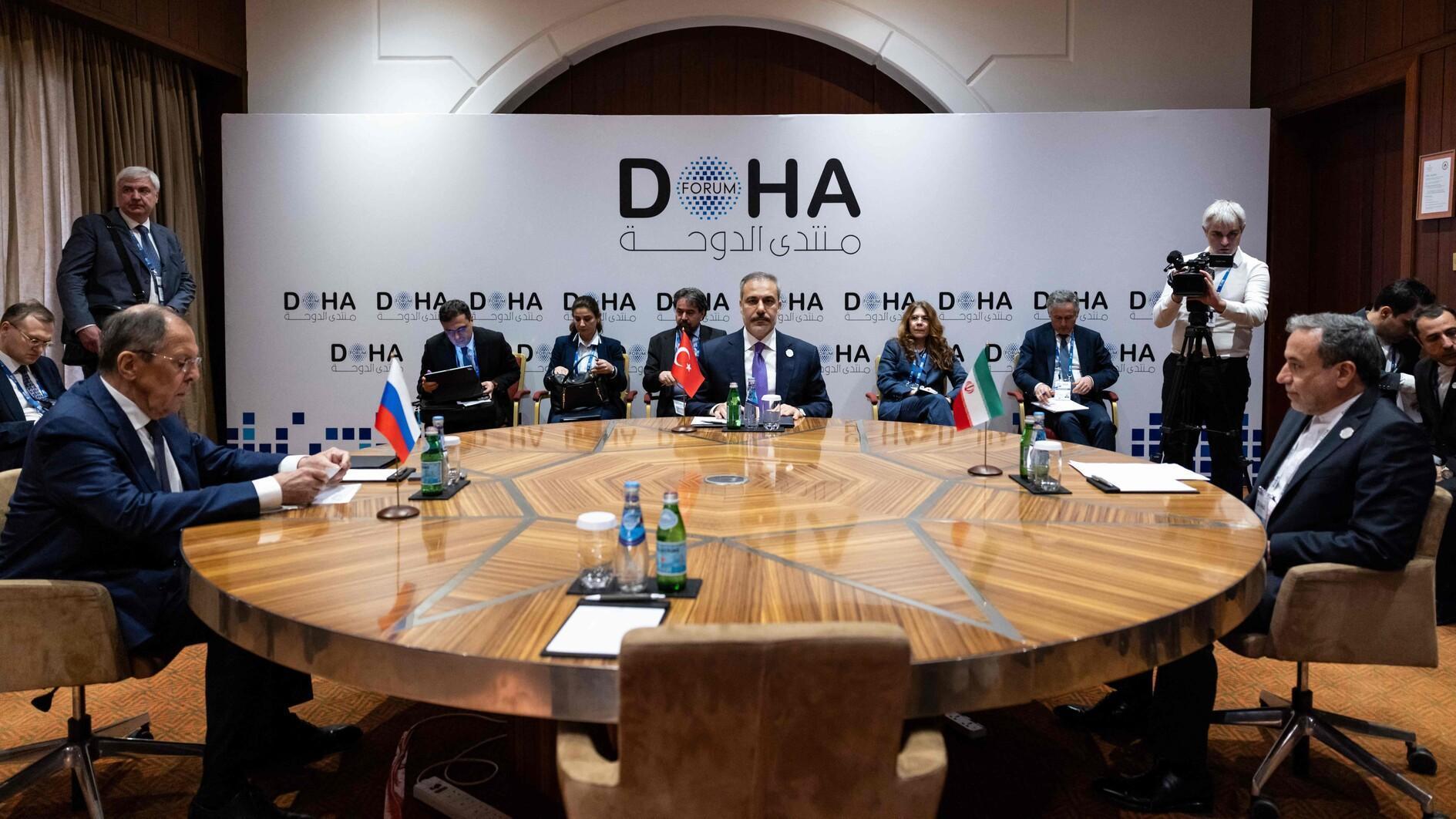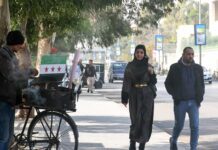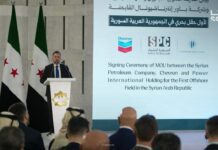
As Assad’s forces continue to retreat and Damascus nears closer to liberation, political developments surrounding the future of the regime of the dictator Bashar al-Assad are intensifying, both domestically and internationally. Recent moves from the US, Qatar, and other international players highlight the volatile nature of Syria’s political and military landscape.
Despite the shifting dynamics, US officials continue to emphasize that lifting the sanctions on the Assad regime would require substantial political reforms within Syria, including the cessation of violence, the release of political prisoners, and the restoration of civilian trust. Former Syrian diplomat Bassam Barabandi highlighted the importance of meeting conditions outlined in the Caesar Act before any sanctions could be lifted, particularly the implementation of transitional justice and accountability for war crimes.
On the other side of the diplomatic spectrum, Qatar has expressed dismay over Assad’s continued failure to seize previous opportunities for reconciliation with the Syrian people. Qatari Foreign Minister Sheikh Muhammad bin Abdulrahman al-Thani remarked at the Doha Forum that the Assad regime missed a critical window of calm to begin rebuilding trust with its citizens. The minister stressed that the ongoing lack of substantial steps toward national reconciliation exacerbated the divide between Assad and Syrians. Qatar called for new approaches to peace, acknowledging the failure of traditional methods and urging more effective diplomatic efforts to protect civilians and prevent further escalation.
Meanwhile, staunch Assad allies Moscow and Tehran continue to support Assad’s regime, despite mounting international pressure. They insist that the Astana Track, a diplomatic initiative involving Russia, Iran, and Turkey, is still active in hopes of freezing military campaigns in the country and stopping the advance of revolutionary forces now at the gates of the capital.
The US State Department has called on Iran to cease its “destabilizing activities” in Syria, which it sees as a key driver of regional insecurity. US officials are urging for a return to a political process led by the UN, in line with Security Council Resolution 2254. This resolution calls for a comprehensive political settlement and an end to the violence that has plagued the country for over a decade.
Amidst these shifting alliances, the Syrian Salvation Government (SSG), a revolutionary body administering liberated areas in Idlib and other freed regions, has issued strong statements to Russia, China and Lebanon saying, “We affirm that your interests in Syria will enjoy full security and protection, as well as your current diplomatic presence,” and inviting the nations to, “establish … diplomatic relations based on mutual respect for the rights of peoples, contributing to the prosperity and development of nations and achieving mutual interests for all parties.”
The statements also condemned any normalization efforts with Assad’s regime and reiterated its commitment to a political transition that excludes the involvement of Assad and his allies. The SSG has called on international powers to support the Syrian people’s right to self-determination and to oppose any moves that would further entrench Assad’s authoritarian rule. The statements also assured the nations that the revolution was not a threat to nor aimed at them, their nations, or people but only the removal of the Assad regime.
The prospect of lasting peace in Syria under Assad seems more elusive than ever, as international powers continue to push conflicting agendas. The US remains firm in its demand for political reforms and the cessation of violence before sanctions can be lifted, while Russia and Iran continue to back Assad’s brutal, oppressive, and exploitative dictatorship. In the meantime, revolutionary forces have gained significant ground, raising doubts about the regime’s ability to maintain control over key cities and territories.








